Brazil Focus Month Might be Over, But the Work is Only Just Beginning!
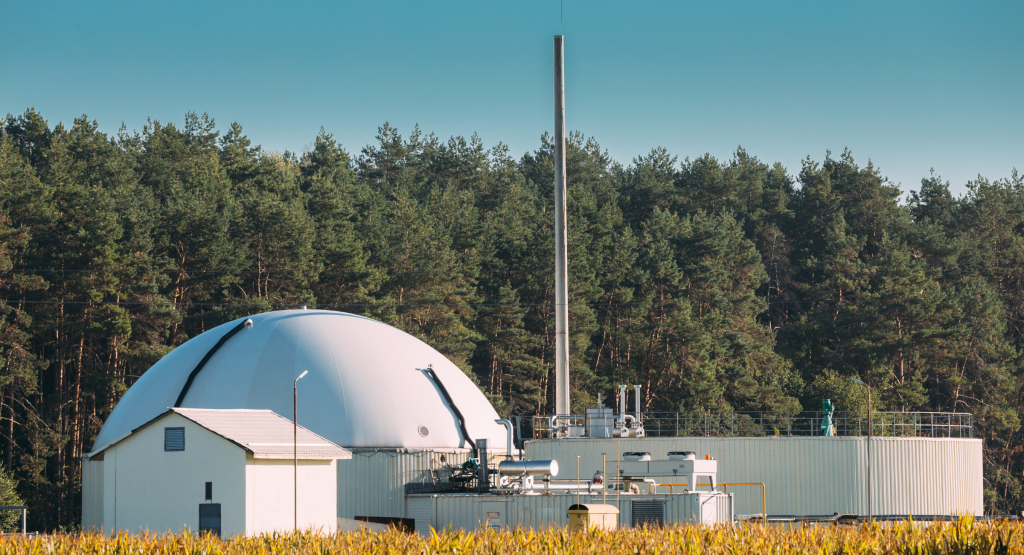
The Brazilian market is a major market of interest right now, with enormous potential from a highly productive agricultural industry. Following our Brazil focus month webinar in February 2024, which featured major market leaders including AB Energy, BAUER Compressors, Paques, and CIBiogas, we are reviewing insights shared by these market experts.
As many webinars organized by BiogasWorld recently (see webinar on Spain and Canada, we mainly focus on opportunities and challenges of a particular market.
For Brazil, Nícolas Berholst at CIBiogas shared an overview of the Brazilian market, noting many challenges are shared amongst young markets. These challenges included an asymmetry of information, high CAPEX on facilities, and a low return on investment for small-scale facilities. This has led many developers to favor larger projects with favorable economies of scale. In addition, there are hurdles to attaining regulatory permissions, a lack of demonstration units and case study data, and an absence of standardized policy on biofertilizer use.
Other common challenges noted by Guilherme Galhardo at AB Energy and Sérgio Cruz at Paques, involved broader shared experiences, including a large geography with concentrated pockets of population, and limited pipeline connectivity. Much of Brazil’s pipeline infrastructure lies in population-dense regions surrounding Sao Paolo, making the economics of agricultural systems unfeasible. Finally, Guilherme Galhardo and Sérgio Cruz both note challenges related to relatively lower-costing alternative energy sources, which can outcompete biogas and biomethane on energy prices.
Sean Casey from BAUER Compressors notes some challenges as opportunities for the industry to assist agricultural operations with becoming self-sufficient with their fuel use.
Sean Casey and Sérgio Cruz highlighted several unique challenges within the Brazilian market, including high import duties and logistical costs, which often require suppliers to establish local partnerships. These local partnerships can facilitate business, notes Sérgio Cruz, where local operators can be better suited for coordinating with stakeholders and local supply chains. Local offices further establish the company within their communities and build a name for the company within the region. This challenge, however, is often further compounded by the lack of EPC experience and challenges related to the equivalency of local materials. Establishing domestic production centers and laying down roots within the market is therefore integral to success.
It was unanimous amongst the panel that Brazil has a diversity of feedstocks, and with only 1% of its potential realized, the market is a diamond in the rough, ready for its time to shine.
👉 To view the recording of the webinar, please visit https://www.youtube.com/watch?v=98EssD47tlc.

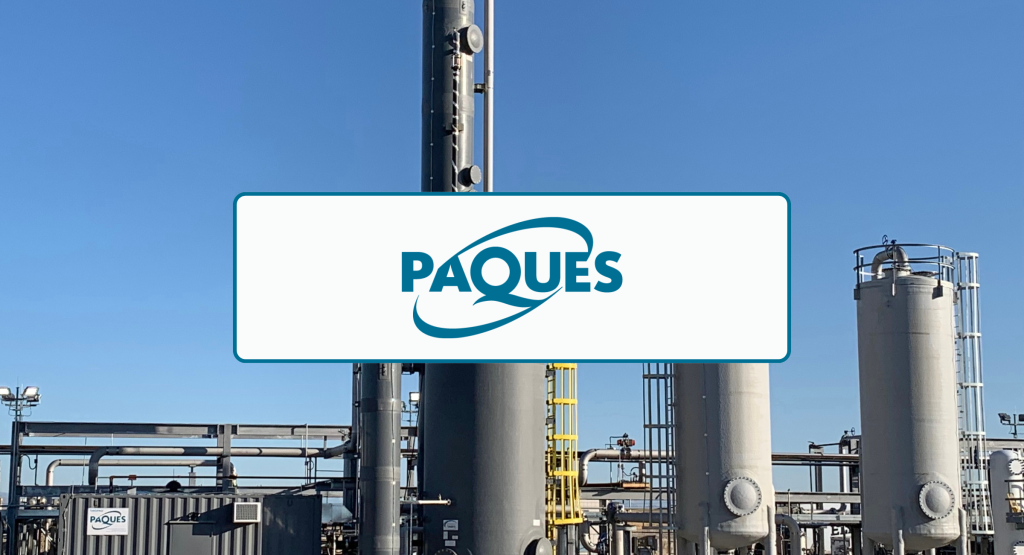
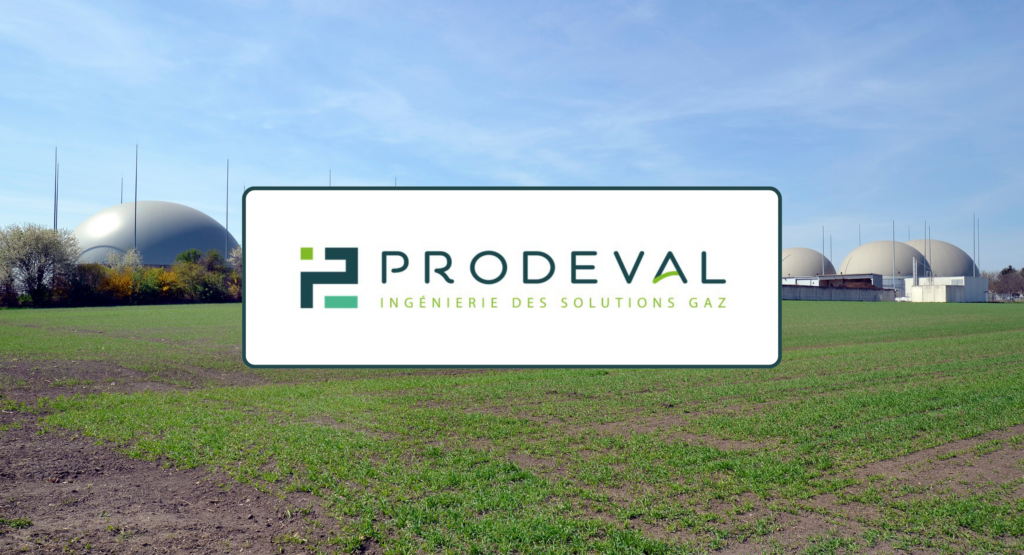
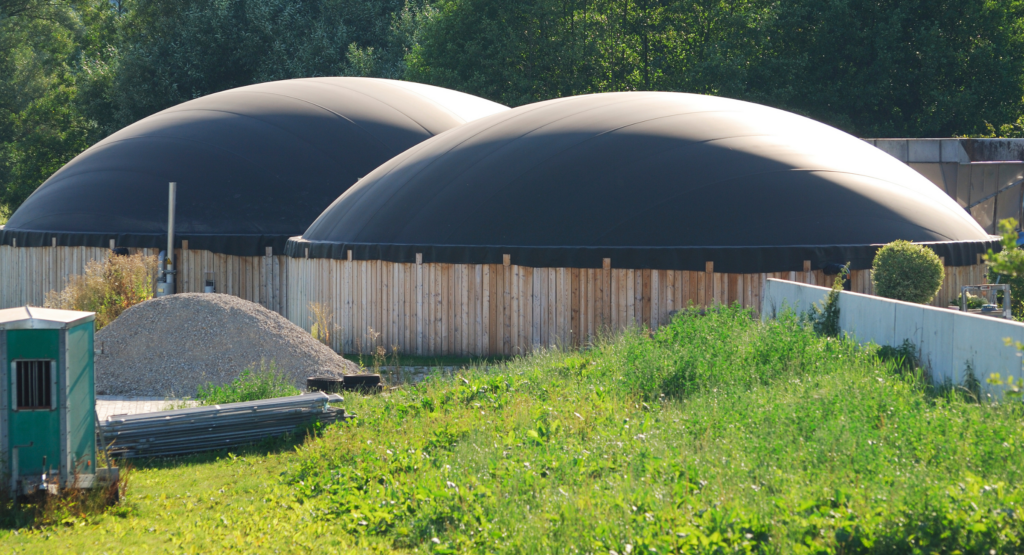
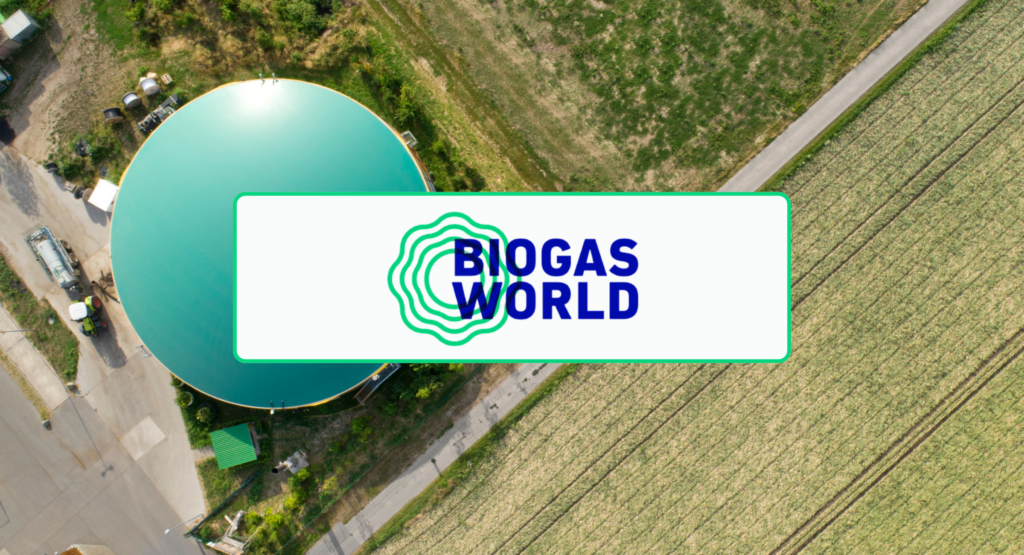
Comments